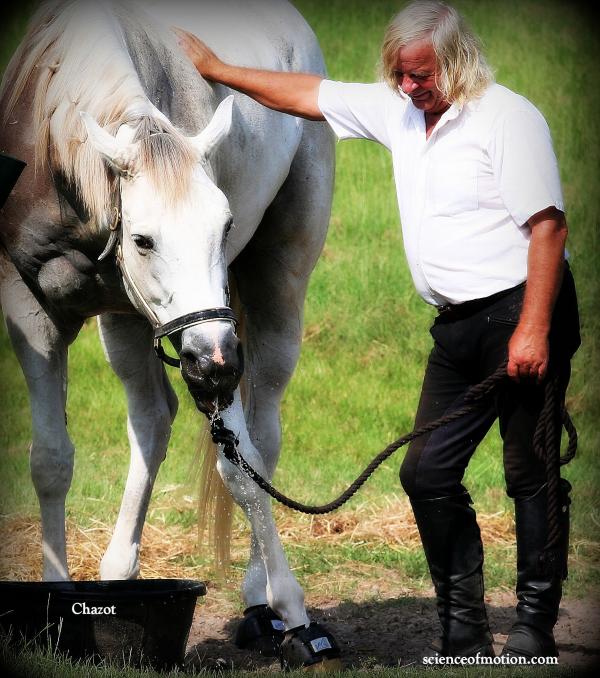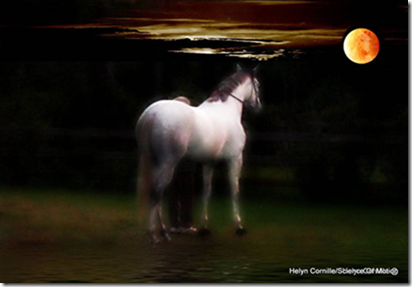I leaned over Jean Luc’s shoulder reading his work. The subject is the shoulder in. He put his hand on my hand saying, "I have the feeling that you are going to use this part before I finish this study.” I say yep, placed my free hand on the mouse and clicked copy. Here it is:
reading his work. The subject is the shoulder in. He put his hand on my hand saying, "I have the feeling that you are going to use this part before I finish this study.” I say yep, placed my free hand on the mouse and clicked copy. Here it is:
Maya Angelou wrote, "I've learned that people will forget what you said, people will forget what you did, but people will never forget how you made them feel.” This applies to horses. You win their heart when you make them comfortable with their body and sound. You have a very special place in their mind when you encourage them to think and respect their errors. They never forgot when you treat them as partners. You can win their stomach with carrots, sugar, or any other treat but you don’t win their respect. It would ...
full







